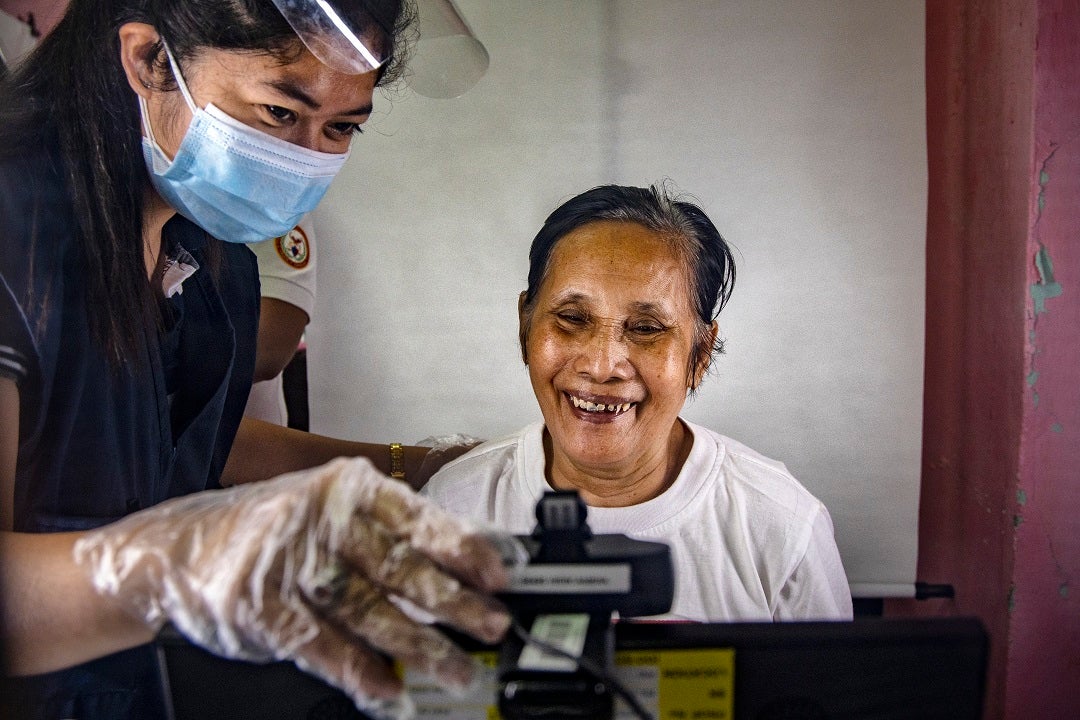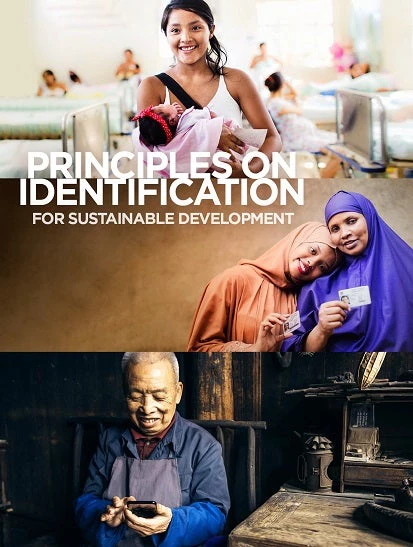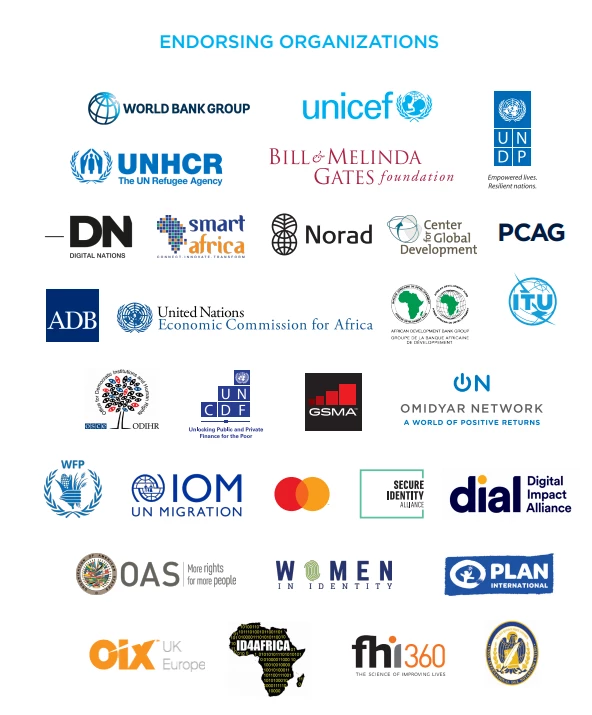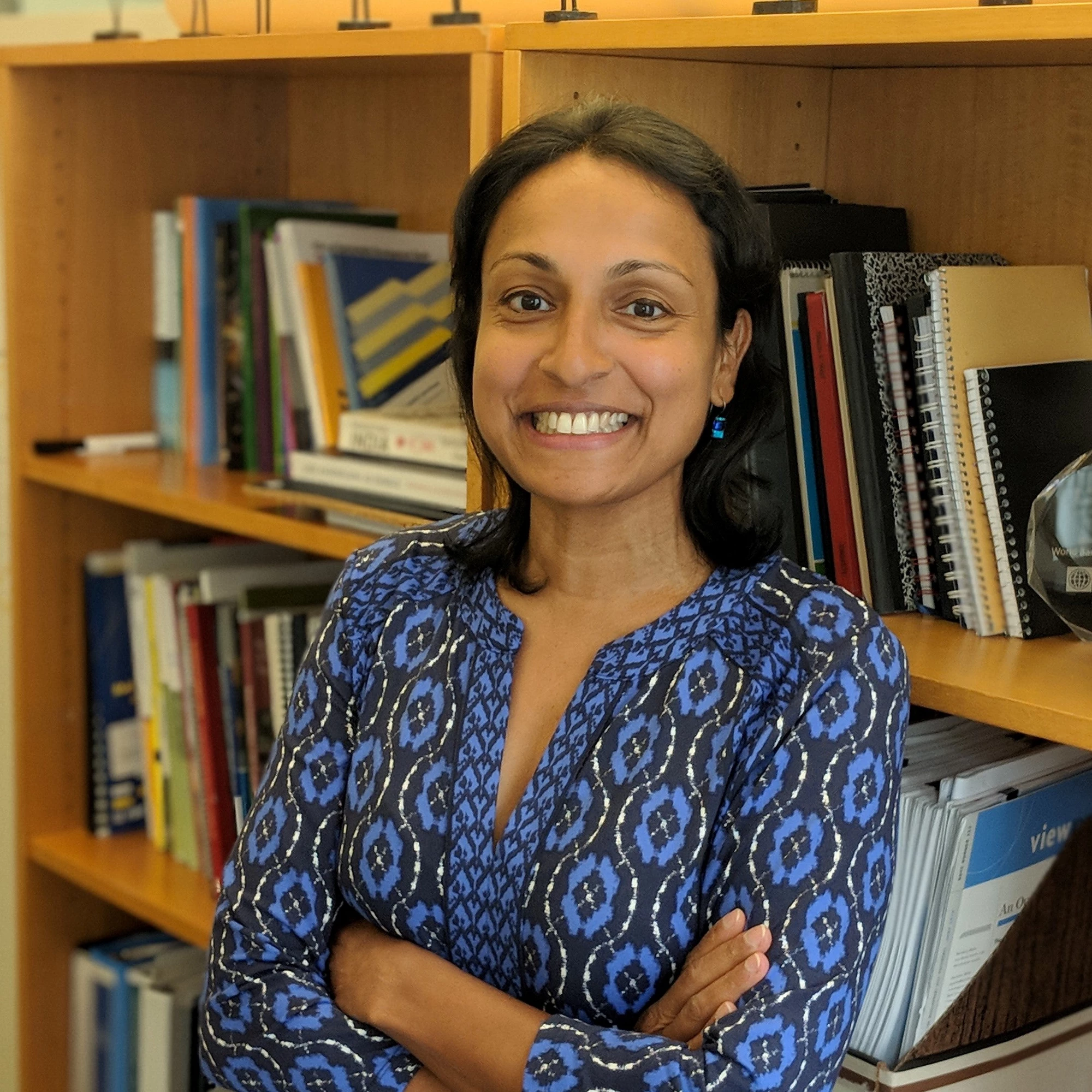“This ID is good because everyone can get one. And I will be able to use it to open a bank account to receive government support.” This was the impression of a senior citizen in Laguna Province, Philippines, after being one of the first 1,000 people to complete registration for the new Philippines Identification System (PhilSys) last month. By prioritizing low income families for PhilSys registration, the Government intends to transform how it delivers social protection as part of the response and recovery to the COVID-19 pandemic and future crises.
An estimated one billion people worldwide—typically the most marginalized and vulnerable groups–lack official proof of their identity. Many more have forms of ID that are insecure or untrusted, or live in countries where these systems are ill-equipped to support service delivery, used in ways that compound inequalities, or fail to adequately protect personal data. Improving the accessibility, quality, and governance of ID systems is therefore critical for inclusive development, including achievement of the Sustainable Development Goals (SDGs).
How can countries build ID systems that are good for people and for development? How can they ensure that these systems fulfill the right to legal identity for all (SDG 16.9), facilitate inclusive access to services, enable trusted transactions in the digital economy, and protect people’s rights and data by design?
In 2017, a group of organizations working in this sector organically came together to create a shared vision in the Principles on Identification for Sustainable Development. These Principles have since been incorporated into global norms and policy and serve as a guiding framework for endorsing organizations. At the World Bank Group and Identification for Development (ID4D) Initiative, the Principles are deeply infused into our work supporting countries to build inclusive and trusted ID and civil registration systems that meet their promise for development while mitigating key risks.
The Principles are designed for a range of contexts—from countries working to strengthen civil registration and ID systems that provide essential proof of legal identity, to those building advanced digital versions of official IDs to facilitate virtual services and transactions.
Indeed, an increasing number of countries have used the Principles to design new ID systems or reform existing ones. In Nigeria, the National Identity Management Commission (NIMC) has used the Principles to shape its Strategic Roadmap to reform and improve the national ID system. Among other reforms, this includes plans to address many of the current challenges that people face to registration (e.g., removing legal barriers related to eligibility and reducing documentation requirements) and minimize data collection (for example, country intends to reduce the number of attributes collected from 80 to 10 as part of the new approach).
In the Philippines, the Principles helped anchor the PhilSys Implementation Plan, which adopts inclusive registration pathways for Filipinos without any documentation, architecture based on open source and open standards, and privacy enhancing technologies, such as tokenization to protect the permanent unique identifier. Others, such as Benin, Ethiopia, Guinea, Samoa, Somalia, South Africa, Timor-Leste, and Togo have also included and localized the Principles into their ID policies and strategies.
PRINCIPLES |
|
INCLUSION:
|
|
DESIGN:
|
|
GOVERNANCE:
|
|
To ensure that the Principles continue to reflect new realities and good practices, the drafters committed to revisit them after three years. We began this process as a group in 2020, kicking-off with a public call for consultation and virtual meetings with endorsing organizations. In addition, ongoing dialogue and a virtual workshop with civil society organizations provided important inputs on how to strengthen the Principles and their use in global and local advocacy for better, more accountable ID systems.
We are proud to release an updated version of the Principles that reflects these consultations and feedback, jointly owned and endorsed by 28 organizations, including some new supporters. Visit the Principles website to download the full text.
Overall, this process revealed that 10 original Principles remain as relevant and important to the good ID agenda today as they did in 2017. However, this update increases the emphasis on important themes that have come into better focus over the past four years. This includes strengthening the language on safeguards to protect data and ensure non-discrimination, on the need to build people-centric ID systems that are inclusive by design and address people’s real needs and concerns, and on the essential role that continuous engagement with the public and civil society plays in achieving these goals. These dimensions are particularly important to address challenges that emerge in the transition from manual, paper-based processes to digital ones.
We encourage other countries and organizations to join us in putting these Principles into Practice; together we can realize the transformational potential of identification for sustainable development.






Join the Conversation